
The piece that I wrote for Effilee Magazine on the situation in Greece is now available to view in English on my website here

The piece that I wrote for Effilee Magazine on the situation in Greece is now available to view in English on my website here
Here’s a triptych of some images made during a recent four day commercial job for Ben’s Cookies – a rather wonderful bespoke biscuit outlet.
Lovely client, Lovely biscuits.
Earlier this year, I was commissioned by Smithsonian Magazine to photograph a really interesting story – an opera based on the life of Albert ‘Lal’ White an Olympic cycling champion in the 1920s.
Because of the magazine’s schedule the rehearsals were photographed long before costumes or props were really ready and unfortunately, none of these images (some of my favourites) were included in the final spread.
I work vary rarely in England and have never been to Scunthorpe (or Hull for that matter) but had a wonderful time largely due to James Beale‘s great company, Sue Hollingsworth‘s boundless enthusiasm and Kirsty Halliday‘s great organisational skills. Lastly, I should thank Smithsonian’s Associate Photo Editor, Jeff Campagna for sticking with me when I expressed disbelief that they actually wanted to send me to Scunthorpe… (which was pretty nice to be fair) when I was convinced he must have meant Sri Lanka…

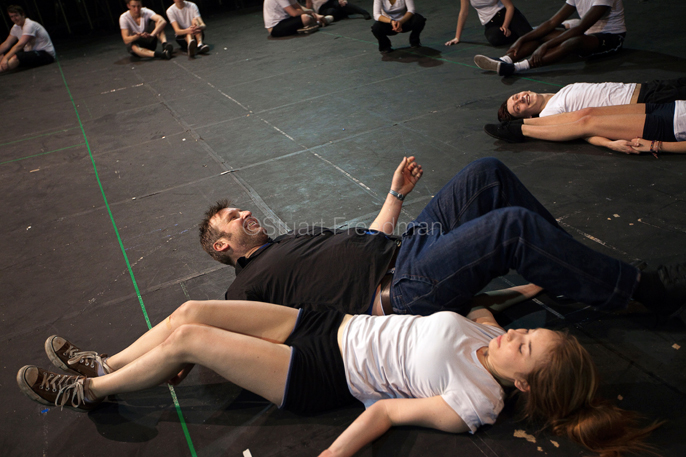



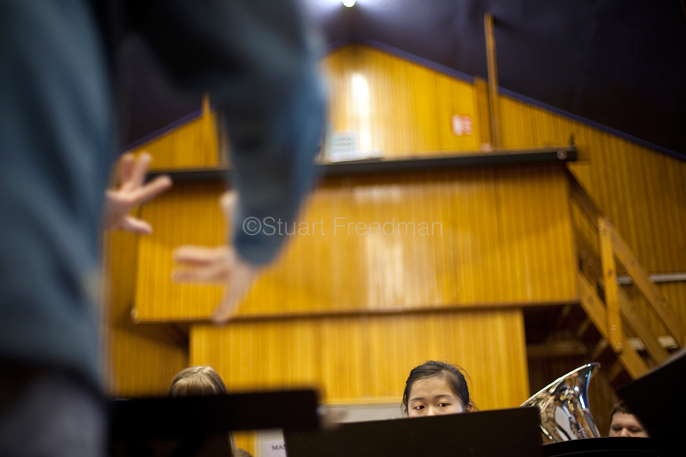

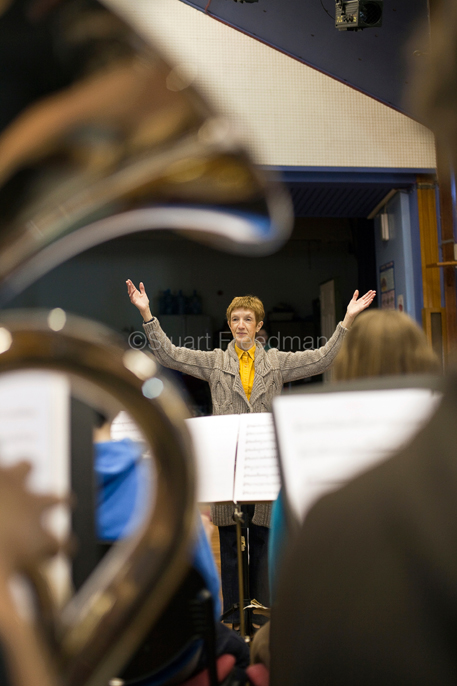


According to a piece in the Guardian, it seems that authorities in Delhi are piloting a project to tackle the city’s enormous waste problem but the solution may affect those whose livelihood depends on it. Currently, waste is sorted manually by an informal army of men, women and children and then passed on to middle-men to sell or recycle. Three new plants (one at Ghazipur) will, it is hoped, sort the 8000 tonnes of Delhi’s daily waste automatically. It is estimated that more than 50,000 people work in this informal sector (known as ‘rag-pickers’) in and around the capital. The work is terrible and dangerous but for a significant section of the transient population of one of the world’s fastest growing cities, it is at least a living.
Over the years, I’ve photographed and written about many of the city’s rag pickers who exist in a twilight, Dickensian world ignored by almost everyone, quietly making the city function in a most human but terrible way.

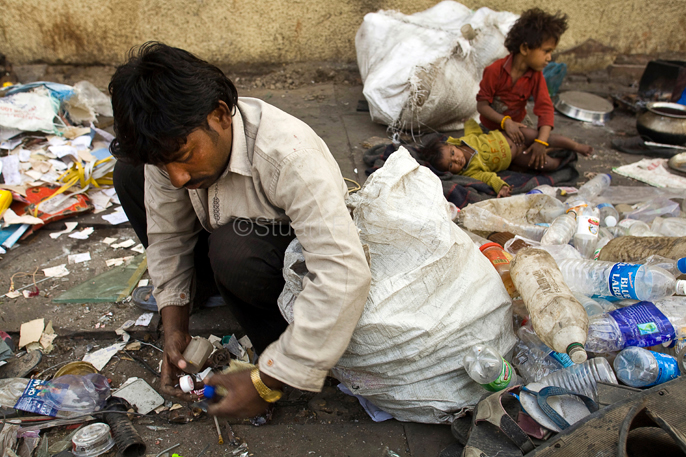

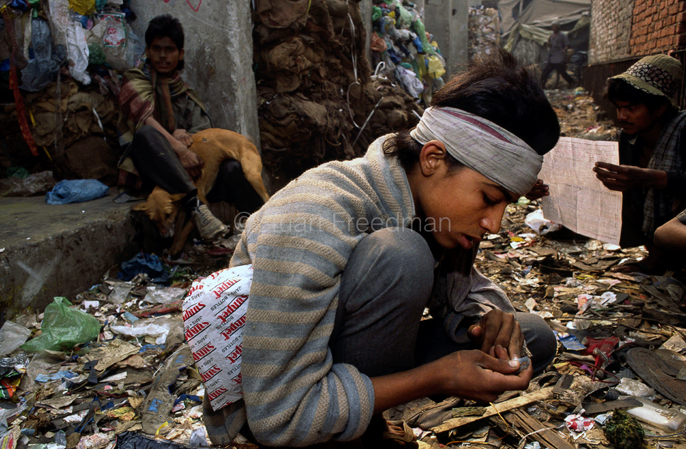
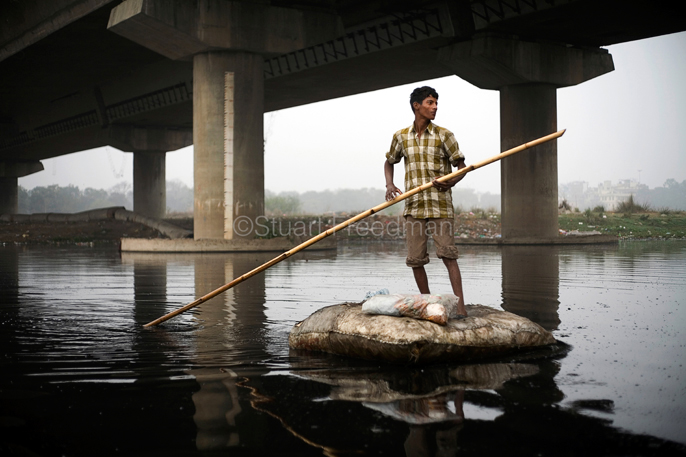

The Broadway Homeless charity have just reported that London has seen a 43% increase on people sleeping rough in the capital from last year. The only glimmer of home in this figure is that 70% of those aren’t sleeping out for the second night due largely to the actions of charities like Broadway and increased work from outreach teams. This, despite Boris Johnson’s pre-election pledge to ‘end rough sleeping by 2012’. According to a Guardian report in April this year, £5m – underwritten by central government – was diverted from the Mayor’s budget for rough sleepers, to ‘other purposes’. Expect worse to come if proposals to remove housing benefit for under 25’s come to fruition.
There is a clear link between London’s rents becoming more and more unaffordable for large sections of the population and these figures. London is often referred to as a divided city. It isn’t. It is now many cities. Extraordinarily wealth in the centre, guarded and cosseted by technology and private security (tested and honed on the battlefields of Iraq and Afghanistan) swimming in an ocean of increasing poverty – material and aspirational – that finds its dreams impossible. All of this underwritten by a facetious, poisonous narrative of unfulfilled personal responsibility and fecklessness.
According to Stuart Hall, cities of the nineteenth century and twentieth centuries were monuments to Imperial power: motors of industrial production and trade. Globalisation has significantly reshaped London and the people sleeping on its streets (or the thousands a breath away from it) as inconvenient dislocations from an industrial to a service economy dictated to by modern day robber barons fixated on personal wealth and profit. I write so much about the Developing World, Delhi in particular (and recently Athens) that it is easy to neglect what is literally under my feet.